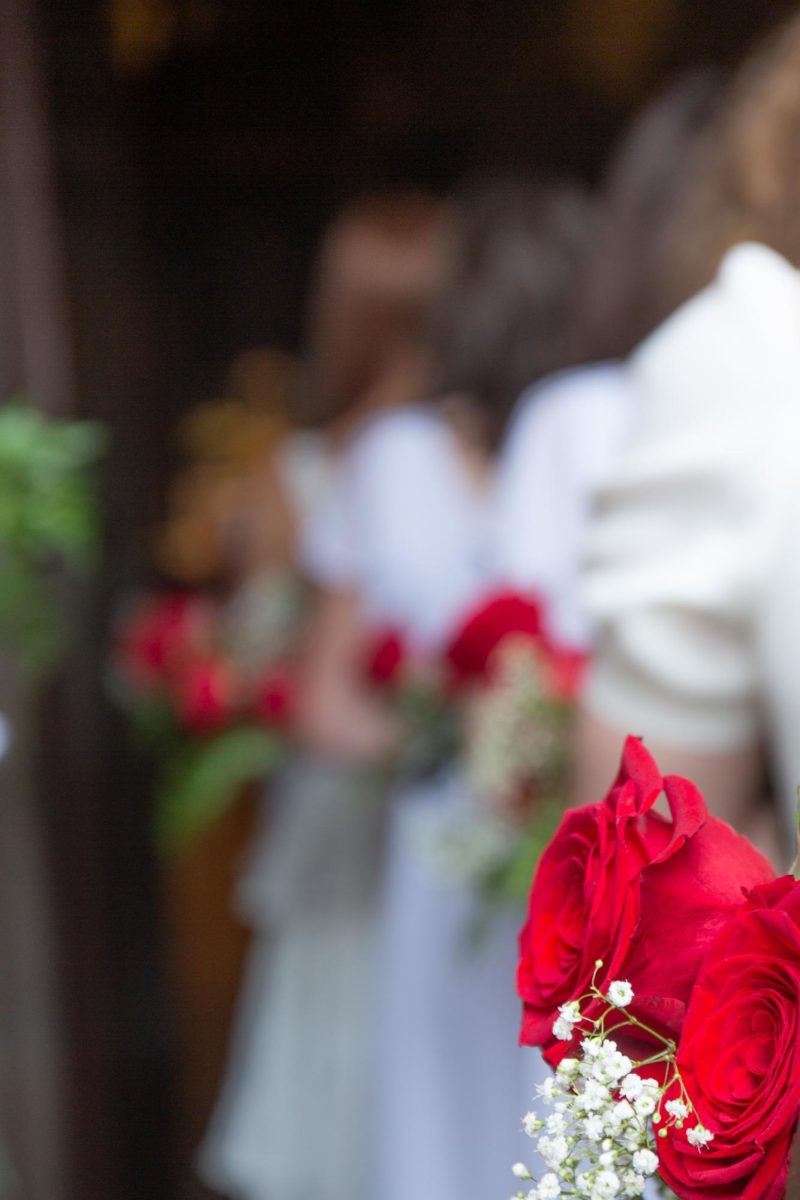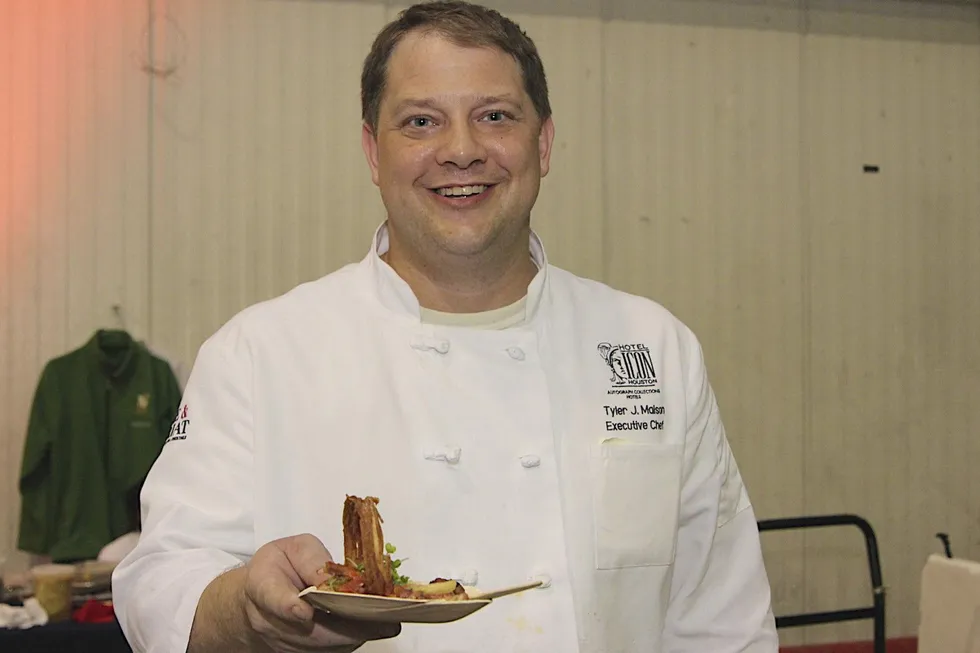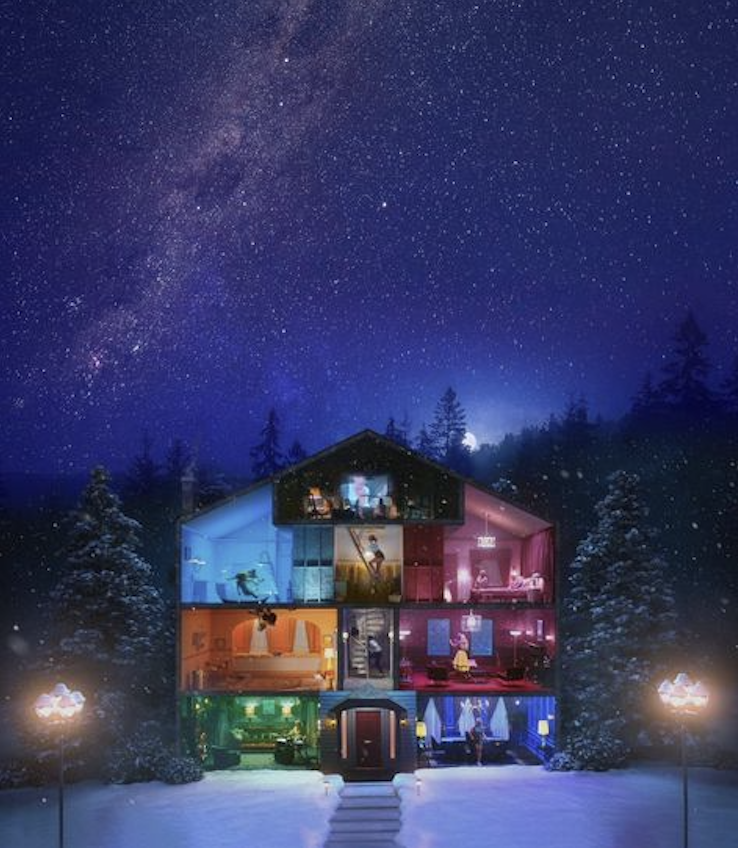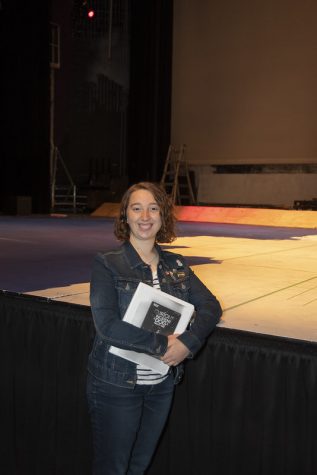Leo Tolstoy once said, “All happy families are alike; each unhappy family is unhappy in its own way.” He was wrong. Families obviously come in all shapes and sizes–ones with two households, one where parents don’t share blood with their children, ones with two moms or two dads, ones with one human and one pet (or house plant), ones with one or three or four or more parents, or ones with two parents, a white picket fence, maybe one girl and one boy, a big dog, and one household. If all these families are totally valid and exist, why does it seem like only one kind of family exists at our school? Here at Vis, we suffer from a lack of representation of non-traditional families that leads to isolation and misconceptions.
Although there are many types of families, my experience is with a divorced family, so I will speak to that specific experience. I’ve lived in a divorced family all my life. When I was in grade school, I didn’t really hide this fact, but when I started attending Vis, I began to feel a certain shame about my family structure. Every year, I’ve waded through the sea of ”normal” families that surrounded me at every Mother-Daughter brunch or the Father-Daughter dance, witnessed my friends’ married parents picking them up after school, seen Instagram posts of happy families smiling up at me from their Christmas card picture in matching turtlenecks, and heard friend after friend describe their non-divorced family. I felt alone, like the screw-up from the broken household. I could describe my family situation, but I realized just how much I wanted someone else to talk to who understood what life is like in a divorced family. And I realized that many people’s idea of a divorced family is quite different from what my own family is actually like.
What took me years to learn (and something I’m still learning ) is that I was not, am not, and have never been alone in having a divorced family at Vis. However, I’ve observed that it is practically instinctual for many of us divorced family members to hide our family structure. I know I do. It’s annoying to explain my life to a curious passerby, I don’t like the looks I get, I don’t want to stick out. I don’t like people to think I’m messed up.
As I’ve gotten older, I’ve realized our hiding perpetuates a cycle of shame. I never felt comfortable talking about my divorced family as an underclassman because I never saw much representation of divorced families in upperclassman that I could look up to. I can assume that not many of those upperclassmen I looked up to had many role models of divorced families in turn who they could look up to.
The solution? We need to stop isolating ourselves. Let’s start talking about the uniqueness of every family, not judging our families against a single mold and saying “Yep, it fits!” or “Hmm, must be a rough household.” Instead, let’s celebrate what is beautiful about each family. Maybe we’ll all feel a little less alone.
And while we’re at it, let’s also stop making assumptions about divorced families. Yes, having a single mom comes with challenges, as my mom provides all the support that two parents traditionally share. But how many times have we been indoctrinated with the idea of the sad, struggling, and stressed single parent? I remember sitting in Religion class when a classmate of mine read a statistic indicating that children from single-parent households are more likely to end up in prison. I’ve even heard teachers say things like, “Imagine if you had a rough upbringing… like maybe you had a single mom?” I wanted to raise my hand and share with the class that my single mother works more than a full-time job, attends all of my concerts and performances, and always cooks dinner for us every night because she believes in the uniting power of a family dinner. That doesn’t sound like a rough upbringing, does it? So let’s stop assuming that single parent = rough or neglectful parenting.
So although I said Tolstoy was wrong, maybe he wasn’t completely wrong—my family might not look like a classic non-divorced family, but we are happy, a trait we share with many non-divorced families. Yes, there are plenty of struggles, as with any family, and yes, having divorced parents has been one of the biggest sources of angst and complication in my life. But my parents are happier apart than they would be together. They are being who they are and being that well. My mother is an exceptionally stable, joyful, and loving single mom, and my devoted and compassionate dad, who is ever eager to connect and spend time with us, is happily married to my wonderful step-mom, more aptly called my bonus mom, whom I love to spend time with and could not admire more. If you think I just contradicted myself in this paragraph, I encourage you to embrace this dichotomy of divorced-parent life—there are struggles, and it can be hard, but we can be tremendously happy too.
To my friends with non-divorced families, I encourage you to exercise empathy.
To my friends with divorced families, let’s start letting each other know that we’re not alone.
To everyone—let’s start celebrating what is beautiful about every family and every relationship.






